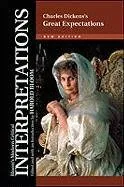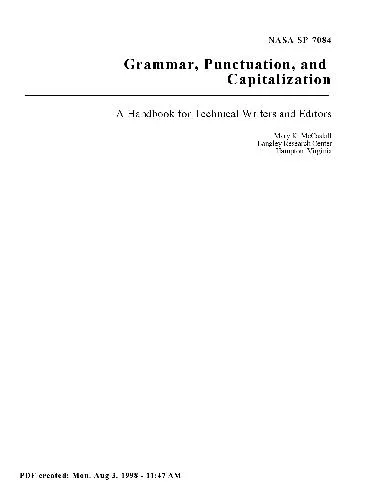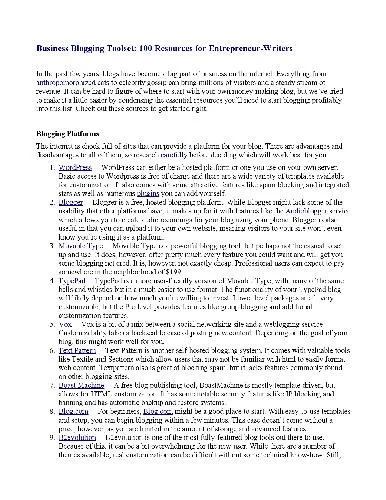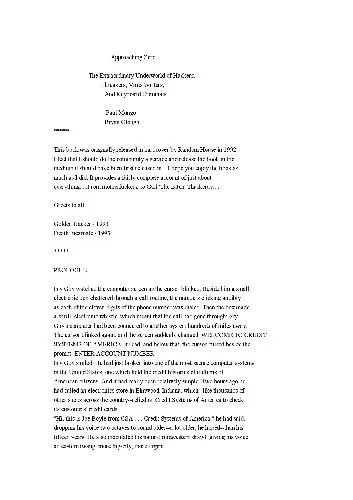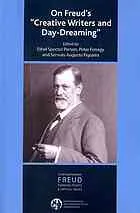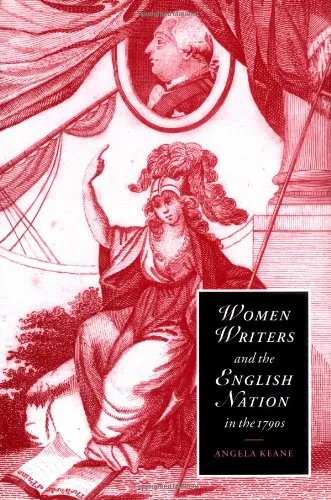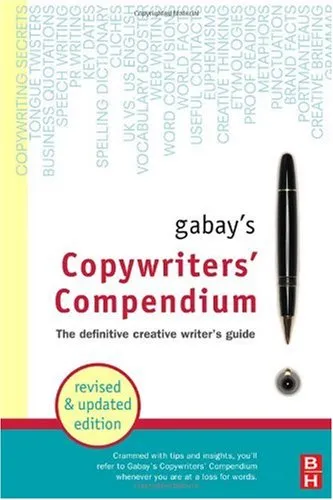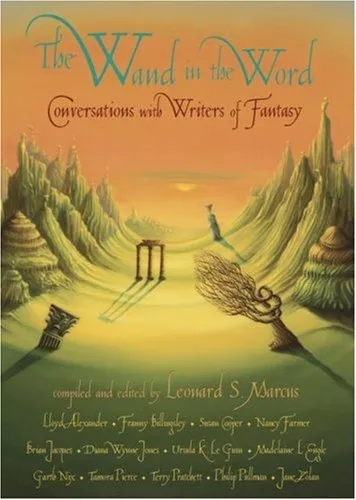Harper Lee: To Kill a Mockingbird (Writers and Their Works)
4.1
Reviews from our users

You Can Ask your questions from this book's AI after Login
Each download or ask from book AI costs 2 points. To earn more free points, please visit the Points Guide Page and complete some valuable actions.Related Refrences:
Persian Summary
Understanding literary masterpieces often involves delving into the minds and contexts of their creators. Harper Lee's 'To Kill a Mockingbird' is no exception. The book 'Harper Lee: To Kill a Mockingbird (Writers and Their Works)' offers readers an intricate exploration of Harper Lee's life, her motivations, and the social backdrop against which her iconic novel was written. This volume illuminates the layers of inspiration and influence that shaped Lee's storytelling, providing a comprehensive look into one of the most seminal works of American literature.
Detailed Summary of 'Harper Lee: To Kill a Mockingbird (Writers and Their Works)'
At its core, this book considers Harper Lee's journey both personal and professional. The early chapters delve into Lee's upbringing in Monroeville, Alabama, where she was born as Nelle Harper Lee in 1926. This Southern town, altered slightly to Maycomb in her novel, became the microcosm of her literary world. Readers will explore the profound effect her father, Amasa Coleman Lee, an attorney like Atticus Finch, had on her worldview and moral compass.
The book then transitions into the creation of 'To Kill a Mockingbird', detailing Lee's challenges and triumphs. The journey from concept to publication is meticulously chronicled, including the invaluable contributions of her friend Truman Capote and editor Tay Hohoff, who helped shape the novel into the classic it became. Alongside the author's creative process, the book highlights the sociopolitical climate of the 1950s and 60s, which played a pivotal role in shaping the narrative.
Further chapters examine the reception of 'To Kill a Mockingbird' upon its release in 1960, tracing its trajectory from a widely acclaimed novel to a staple in modern American education and its subsequent adaptation into an Academy Award-winning film.
Key Takeaways
One of the key takeaways from this book is an understanding of the moral complexities and courage that stand at the heart of Harper Lee's work. Readers gain insight into how Lee challenged the status quo and sought to shed light on societal inequalities through her narrative.
Another prominent theme is the power of perspective. By dissecting Lee's choice of a young Scout Finch as the narrator, the book reveals how innocence and unfiltered tellings offer an honest reflection of human prejudices and kindnesses.
Famous Quotes from the Book
In an exploration of 'To Kill a Mockingbird', several quotes stand out for their enduring impact:
“You never really understand a person until you consider things from his point of view... Until you climb inside of his skin and walk around in it.”
- Atticus Finch's advice captures the essence of empathy and understanding.“The one thing that doesn't abide by majority rule is a person's conscience.”
- This resonates with the theme of personal morality over societal dictates.
Why This Book Matters
The analysis afforded by 'Harper Lee: To Kill a Mockingbird (Writers and Their Works)' makes it indispensable for literature enthusiasts. It provides context that enriches the reading of Lee’s novel, turning a simple story of childhood in a sleepy Southern town into a profound commentary on human nature.
This exploration matters because it not only pays homage to Lee's genius but also serves as a catalyst for further discussion about the themes she courageously tackled. As society continues to grapple with issues of racial injustice and moral ambiguity, understanding the humanstory behind the book reaffirms its place as a transformative piece of literature.
Free Direct Download
You Can Download this book after Login
Accessing books through legal platforms and public libraries not only supports the rights of authors and publishers but also contributes to the sustainability of reading culture. Before downloading, please take a moment to consider these options.
Find this book on other platforms:
WorldCat helps you find books in libraries worldwide.
See ratings, reviews, and discussions on Goodreads.
Find and buy rare or used books on AbeBooks.
1605
بازدید4.1
امتیاز0
نظر98%
رضایتReviews:
4.1
Based on 0 users review
Questions & Answers
Ask questions about this book or help others by answering
No questions yet. Be the first to ask!

